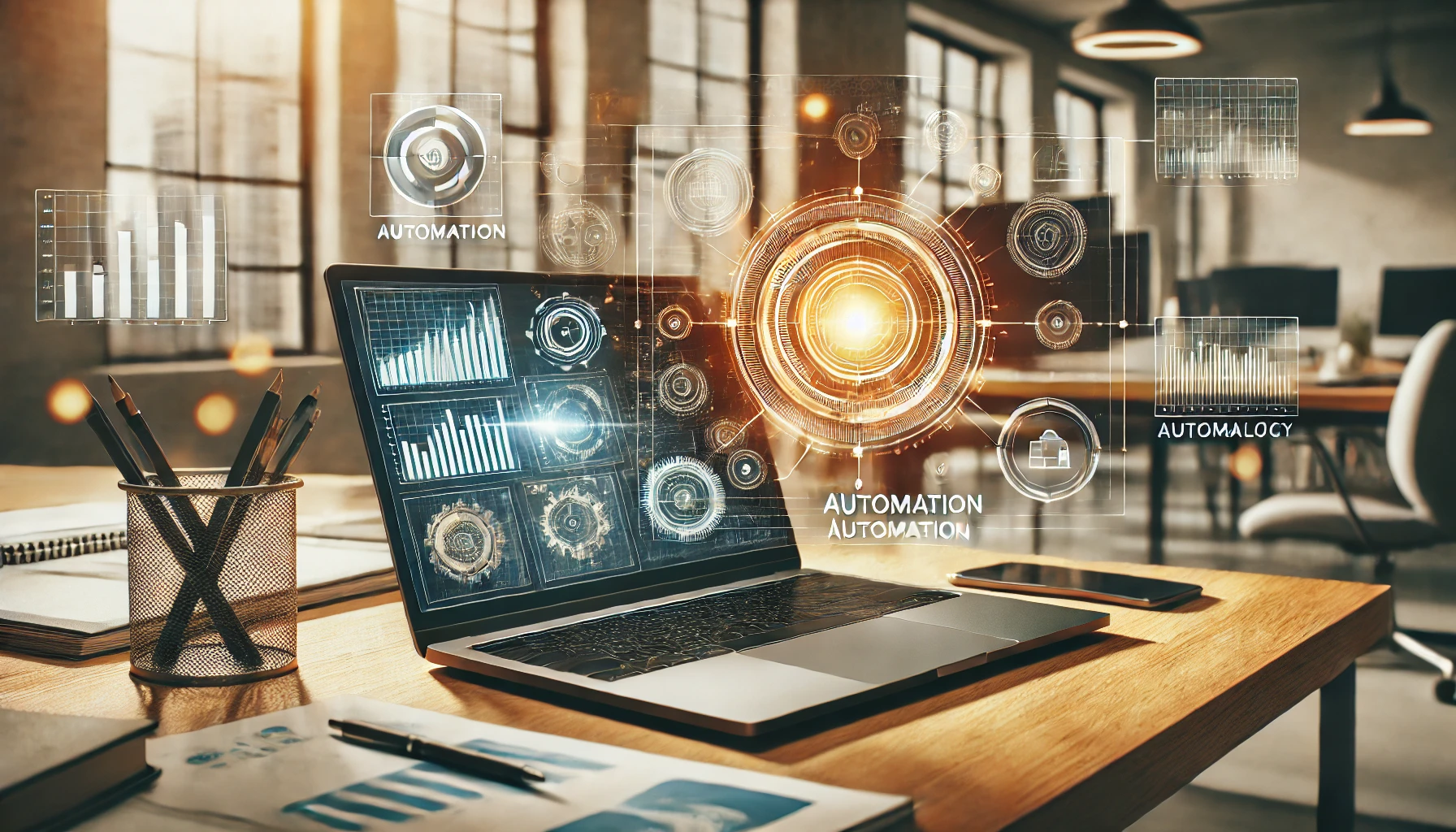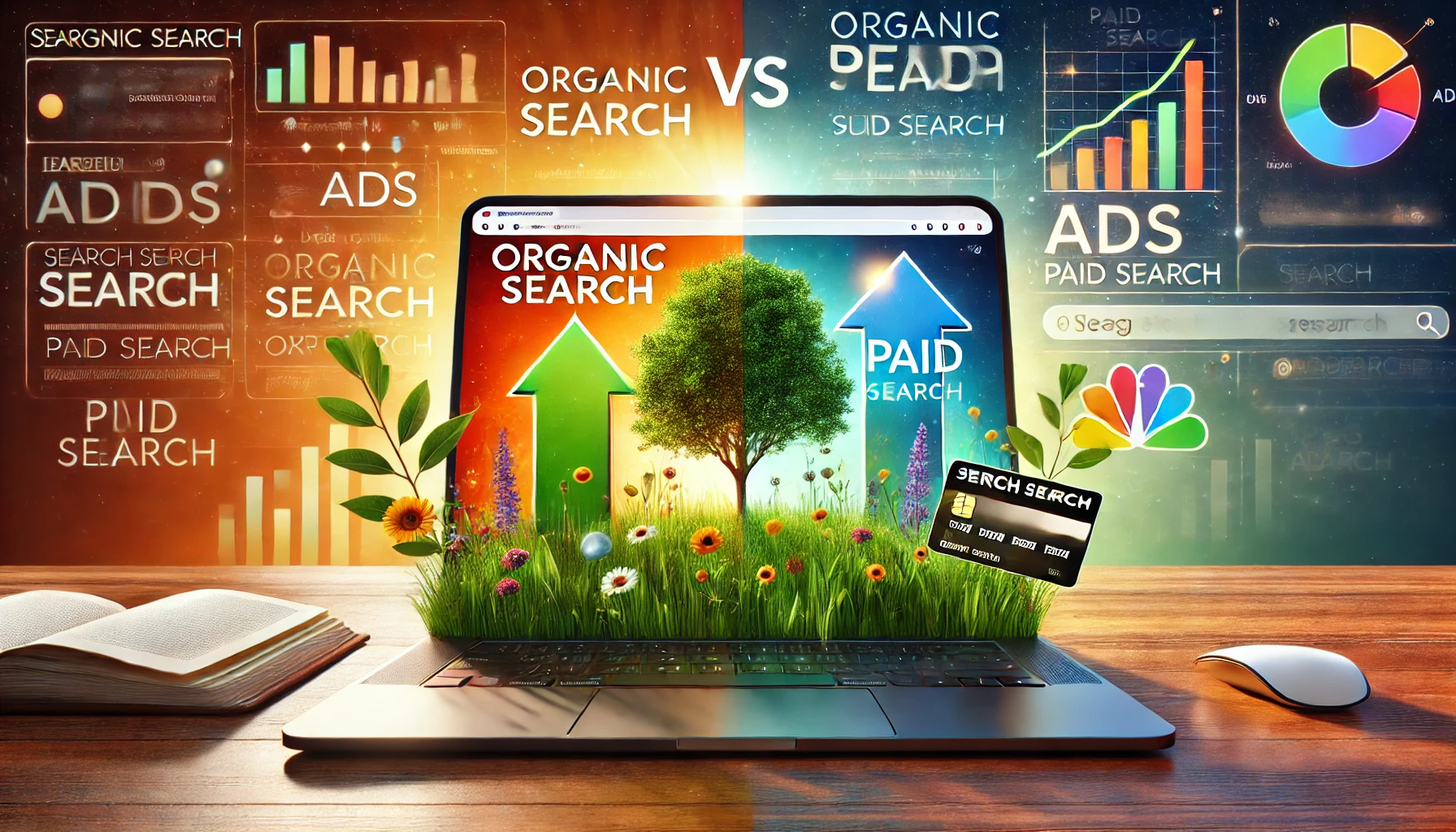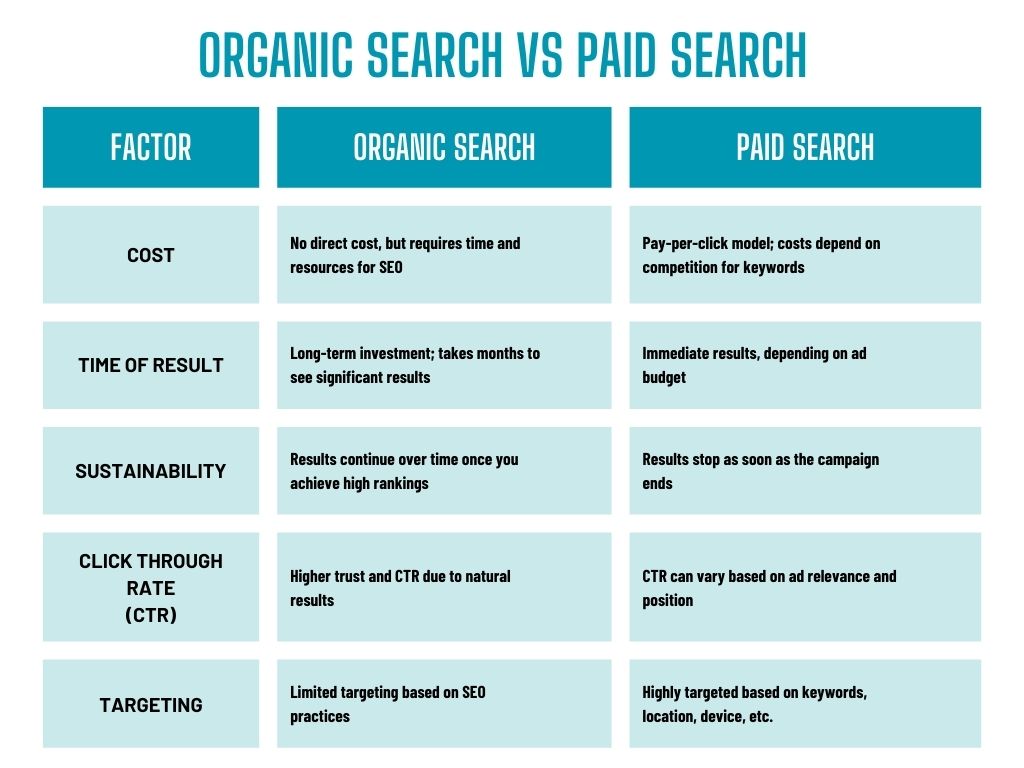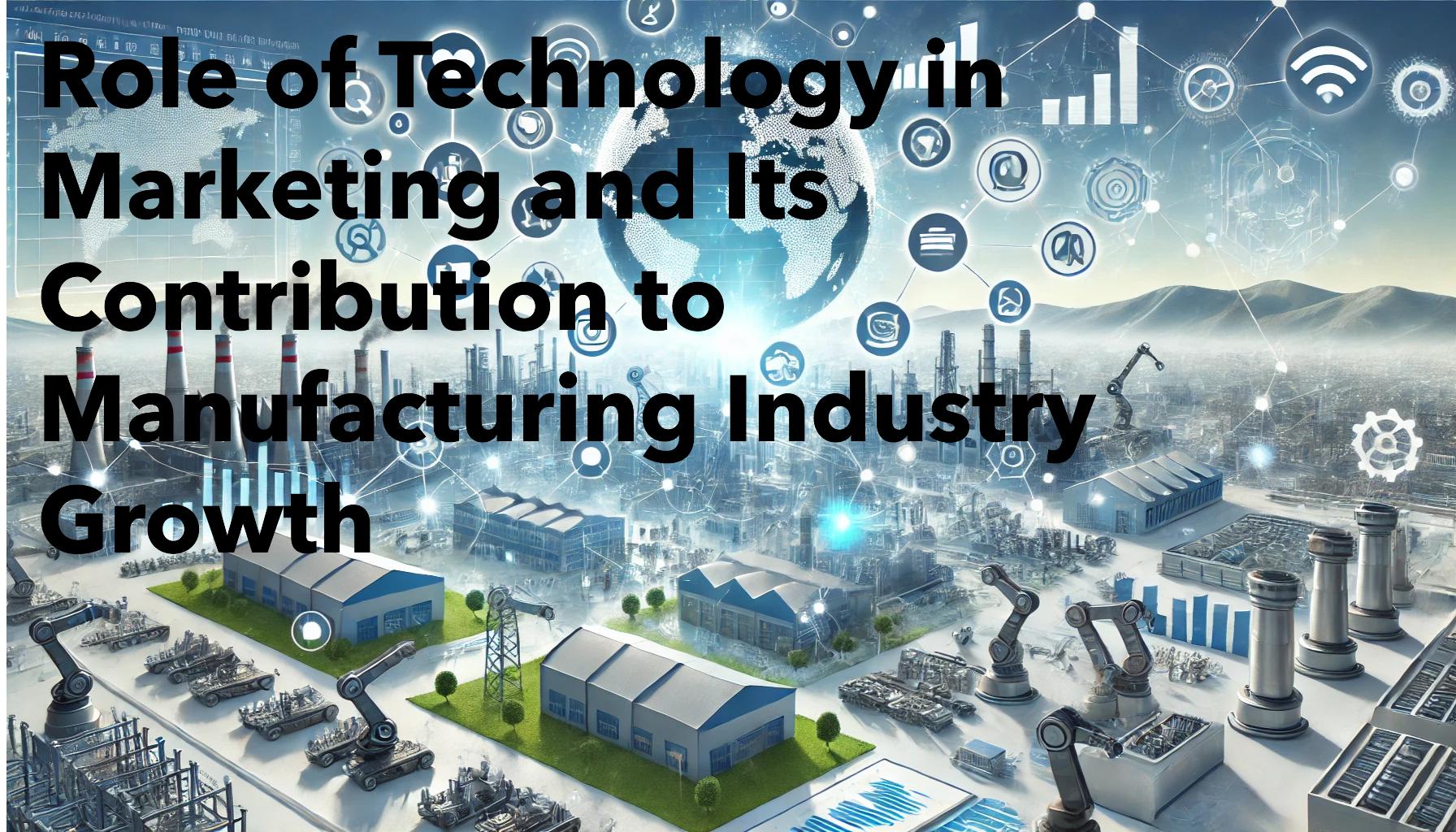In this case, how it might go is that you are doing a search on, say, apple issues, and that you do not have to wade through a sea of agricultural issues to find the necessary tech support articles. That is not magic that is smart search knowing context, intent, and meaning usually unattainable by conventional search.
I will take you through how intelligent search really operates, why intelligent search is rapidly becoming the core of any serious AI search technology, and what that portends to future of information search.
What Makes Search “Intelligent”?
Intelligent search is basically a transition of keyword matching to meaning understanding. Intelligent search differs greatly with the conventional search systems as it is not dependent on the exact word match but rather a collective combination of other advanced systems to truly understand the words you are seeking.
At its foundations, intelligent search includes semantic search engine functionalities that further understand the meaning behind the words used, not the words themselves. When you input terms such as budget-friendly family vacation destinations, a clever search engine knows that you are after an affordable traveling option that will be accommodative of the family and not any given content consisting of such words.
This conversion takes place as the result of a series of important technologies collaborating with each other. Vector search results embeddings of both queries and documents as high-dimensional mathematical data points that can reflect semantics in a manner that cannot be achieved through simple keyword search. In the meantime, conventional BM25 algorithms are still paramount in exact terms and special terminology.
It is the combination of these approaches that form the real power in hybrid search systems. Microsoft research indicates that hybrid methods of mixing semantic and lexical search may increase the relevance of the search up to 35 per cent versus either method alone. This is not a hypothetical process–companies such as Elasticsearch report that hybrid search implementations are far more consistent across use cases than single-method implementations.
The Technical Architecture Behind Intelligent Search
To comprehend the smart search functionality, it is important to take a closer look at its layered structure, in which each layer has a different role to play in helping to ensure that smarter search results reveal themselves to users.
Embeddings and Vector Search Foundation
The semantic backbone of intelligent search systems is a Vector search. The documents and queries are translated into dense representations–essentially hundreds or thousands of numbers which convey semantic meaning in a mathematical sense. When searching the system retrieves the most related document by calculating the similarity of the documents vectors with your query vector, eg Cosine similarity.
The speed of this in modern vector search implementations is thanks to the use of approximate nearest neighbor algorithms, like HNSW (Hierarchical Navigable Small World), which makes the search lightning fast with improvements to millions of documents. In trade-off of minimal accuracy, these algorithms provide very significant time savings enabling real-time semantic search to be possible at large scales.
Your embedding model choice can be critical to the quality of your vector search. Customized models have a habit of out besting general-purpose embeddings when trained on data specific to that domain. As an example, a legal document search model works well when incorporating legal training, whereas e-commerce search is best when using models with a product-focused grasp.
BM25 and Lexical Precision
Although there have been a lot of buzz regarding semantic search, traditional BM25 scoring in intelligent search is critical. M25 is optimal in single-word matching cases, such as product codes, proper names, specialized vocabulary, and single-phrases where a semantic understanding would create undesired leeway.
M25 computes relevance scores using: term frequency within documents, document length normalization, and inverse document frequency over your collection of documents. This mathematical formulation will make documents with your exact search terms to have the right level of weight, especially on those queries where precision is more important than semantic meaning.
In such queries as “iPhone 15 Pro Max 256GB,” the power of the algorithm is observed. In this case, you should have verbatim product specifications and not any semantically related substitutes. M25 will offer this precision where semantic search will offer the bigger picture.
Hybrid Search Integration
When vector search and BM25 are cooperated by hybrid search architectures, the magic occurs. These systems not only parallelize both algorithms and fuse the results using advanced fusion algorithms.
One of the known methods to fuse ranked lists created by various retrieval approaches is the reciprocal rank fusion (RRF). RF then assigns scores according to the rank in both result lists, favoring documents ranked highly by both and avoiding the shortcomings of simple combination of the scores.
Other approaches to fusion have been to apply weighted combining that tries to assign relative weights to semantic and lexical results based on query phenomenon or even user preferences. More sophisticated systems may adaptively modify these weights on the basis of Query analysis – giving higher priority to semantic search when using conceptual queries and to lexical search when making exact queries.
Reranking and Final Optimization
Once retrieval and fusion is performed initially, Reranking techniques are often employed in intelligent search systems to allow refinement of results. Cross-encoder models process query-document pairs in a more detailed manner than is possible during the first retrieval stage, at the expense of additional computational complexity.
To prevent repetition of results, Maximum Marginal Relevance (MMR) algorithms enable results to be diversified so that different users see different content. This will be especially useful in exploratory searches where anchors gain the advantage of wide topic coverage.
RAG: Where Intelligent Search Meets AI Generation
Generation augmented by Retrieval (RAG) is the state of art of smart search. RAG systems apply intelligent search to locate the relevant information and the large language models synthesize that information into a contextual answer.
The retrieval part of the RAG systems is dependent on the hybrid search technique. Semantically meaningful content is drawn out using vector search and important factual information is not overlooked using BM25. The combination enables it to offer the comprehensive information background, which language models require to produce an accurate, rooted response.
The RAG systems are more proficient in responding to sophisticated questions of which information synthesis is required across several sources. RAG does not present users with a list of possibly relevant documents, but rather directly presents them with answers at the same time ensuring transparency by providing source citations and confidence indicators.
RAG quality is however, conditional upon the quality of retrieval. Unsuccessful search results are inevitable in creating inaccurate or incomplete generated response, and the intelligent search architecture therefore plays a pivotal role when implementing RAG.
Security and Enterprise Considerations
Security requirements, privacy requirements and governance requirements, the requirements that may be overlooked by consumer search applications must be supported by enterprise intelligent search systems. Document security provides feeble protection so that only the permitted users can access the document whereas on field level it can block sensitive parts of documents that are otherwise license to be viewed.
The query time filtering takes place in the form of advanced permission enforcement. As the user searches the phrase: quarterly financial results, the system will ascertain his or her level of authorization and only retrieve documents that are allowed to be displayed to the user. This needs integration of your identity management systems and your search infrastructure.
The matters of privacy are not only limited to access control, but also concerned with handling data of any personally identifiable information (PII), data host country residency and audit trail. State of the art intelligent search systems contain automatic PII detection and redact features in search systems to ensure sensitive data is never reintegrated into a search result or all over dashboards.
Data retention policies, regulatory compliance requirements and cross-border data transfer restrictions have to be taken into consideration within governance frameworks. Such considerations play a key role in determining architecture decisions especially in multinational organizations that demand different regulatory regimes.
Measuring Search Intelligence
The measure of intelligent search performance is something more complex than relevance ranking. Normalized Discounted Cumulative Gain (nDCG) is an evaluation metric, that measures ranking quality by the number of positions in a result. The metric encourages relevant results to be ranked first, yet also punishes poor ranking throughout the result set.
MRR is a metric that is specifically interested in identifying the first relevant result in a timely manner and thus highly important to users concerned with particular information. The results calculated by academic studies always support the view that the user never goes beyond first few results and therefore, accuracy in the top positions is important to achieve user satisfaction.
The indicators of online metrics make real-life performance parameters to compliment offline methods of evaluation. Click-through rates, the length of time spent, query reformulation, and task completion rates can indicate how the users interact effectively with your intelligent search. Such behavioral indicators can reveal much on performance that is not revealed by conventional relevance measures.
Standardized datasets such as BEIR (Benchmarking Information Retrieval) and MTEB ( Massive Text Embedding Benchmark) allow performance comparisons among search strategies and search domains. Periodic testing against these benchmarks allows you to be confident that your intelligent search system will remain competitive as technology shifts occur in the environment
Multilingual and Multimodal Capabilities
Contemporary capable search tools can support more and more languages and types of content uniformly. Multilingual embeddings can provide a cross-language search mechanism so that a user can query in first and search in other languages. Such a capacity is invaluable to international companies that have various content repositories.
The quality of cross-lingual search is strongly reliant on such aspects as the choice of embeddings and the training data coverage. Balanced multilingual datasets tend to benefit the model over the English-heavy training ones, especially in relatively rare language pairs. The consistent performance across languages with support is assisted by a regular review based on multilingual benchmarks.
Multimodal search goes beyond intelligent search to images, audio and video content. Visual search features search similar images by image embedding or matching objects in the images. Audio search can scan and find both written-transcribed and acoustically similar material.
Performance Optimization and Scalability
Intelligent search systems are special in terms of the difficulty of their performance. Vector similarity computation, in particular on document collections of large size, can be a latency issue when not deployed efficiently. The relatively slow analytics of the nearest neighbor algorithms give room to trade off accuracy with high speed to bring real time to near time search a reality.
Caching techniques play a… Efficient caching strategies such as the use of pre-computed embeddings, cached similarity-searches and smart query results caches can also drive down response times on frequent queries to a large extent. But the invalidation technology will become complicated with mixed search systems in which multiples modes of retrieval are compounded.
The memory management should be done with caution because the vector indices may use tremendous RAM when dealing with huge sets of documents. Computing techniques such as quantization of products minimize the amount of memory required with a tradeoff in the accuracy achieved, and have found practical use in resource-constrained resources.
Horizontal scaling strategies try to partition the search workloads onto several transverse servers, but consistency among distributed vector index creates technical difficulties. Sharding schemes have to trade-off the distribution of loads and maintaining search quality, especially in hybrid search systems that manage two or more indexes.
Implementation Strategy and Best Practices
Implementation of intelligent search cannot be done in an unmethodical manner, but should be done in phases. Start with well defined success measure and sample test queries that are true to users. Based on this basis, objective assessment is possible on various approaches and setups.
Start by using a hybrid search pilot, which is a composed mixture of what you have currently with semantics. Such a strategy inhibits implementation risk and proves intelligent search advantages Migration strategies of gradually changing existing functionality by adding new features provide opportunities to implement advanced capabilities and at the same time not to lose their existing functionality
The choice of tools has great influence on complexity of implementation and future maintenance needs. Each of Elasticsearch, Azure Cognitive Search, and Weaviate-like specialized vector databases have trade-offs between feature sets, performance, and operational complexity. Select platforms that match your technical competence, and infrastructure limitations.
Successful intelligent search is frequently more dependent on change management than the quality of the technical implementation Users who are used to keyword-based search would require training to help them optimize on semantic search abilities. Gradual rollouts with user feedback collection help identify adoption barriers and optimization opportunities.
The Future Landscape of AI Search
Intelligent search is only the first step in a larger revolution in the way we interface with information. Conversational search tools are not just in keyword search but are progressing towards natural language where people can ask questions about complex matters. This shift needs even more advanced context, intent and user intent readings.
Search experiences are another area in which large language models can now be integrated to feel more like talking to a knowledgeable friend than firing a question at a database. Such systems have the ability to ask clarification queries, to explain and walk the user through the complex searches of information.
The recent proliferation of multimodal AI models opens the opportunity to create search experiences that are made up of text, images, audio and video seamlessly. Users may explain in words and drawings what they like to see, or search by singing a tune in a song that reminds them of a picture.
Privacy preserving search technologies are emerging because organizations are increasingly demanding a balance between privacy protection of users and the benefits of personalization. Federated search-based solutions and differential privacy schemes could allow intelligence search process without centralizing sensitive data.
Conclusion
Smart search isn’t simply an upgrade of technology- it is a paradigm shift to systems that really know what people want. The synergy of semantic search, hybrid retrieval and AI generation produces search experience that is nearly magical and yet deep-rooted in engineering science.

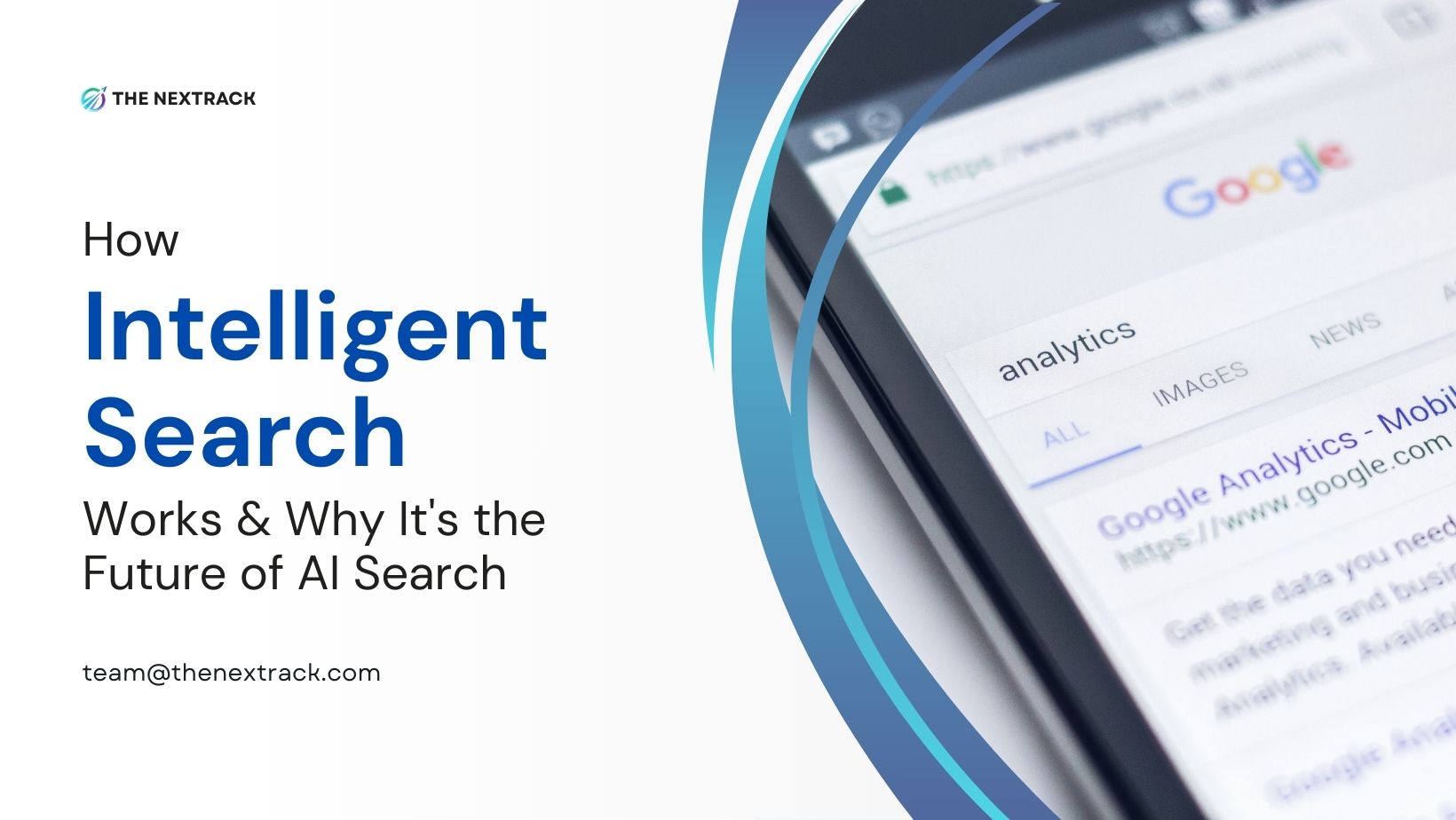


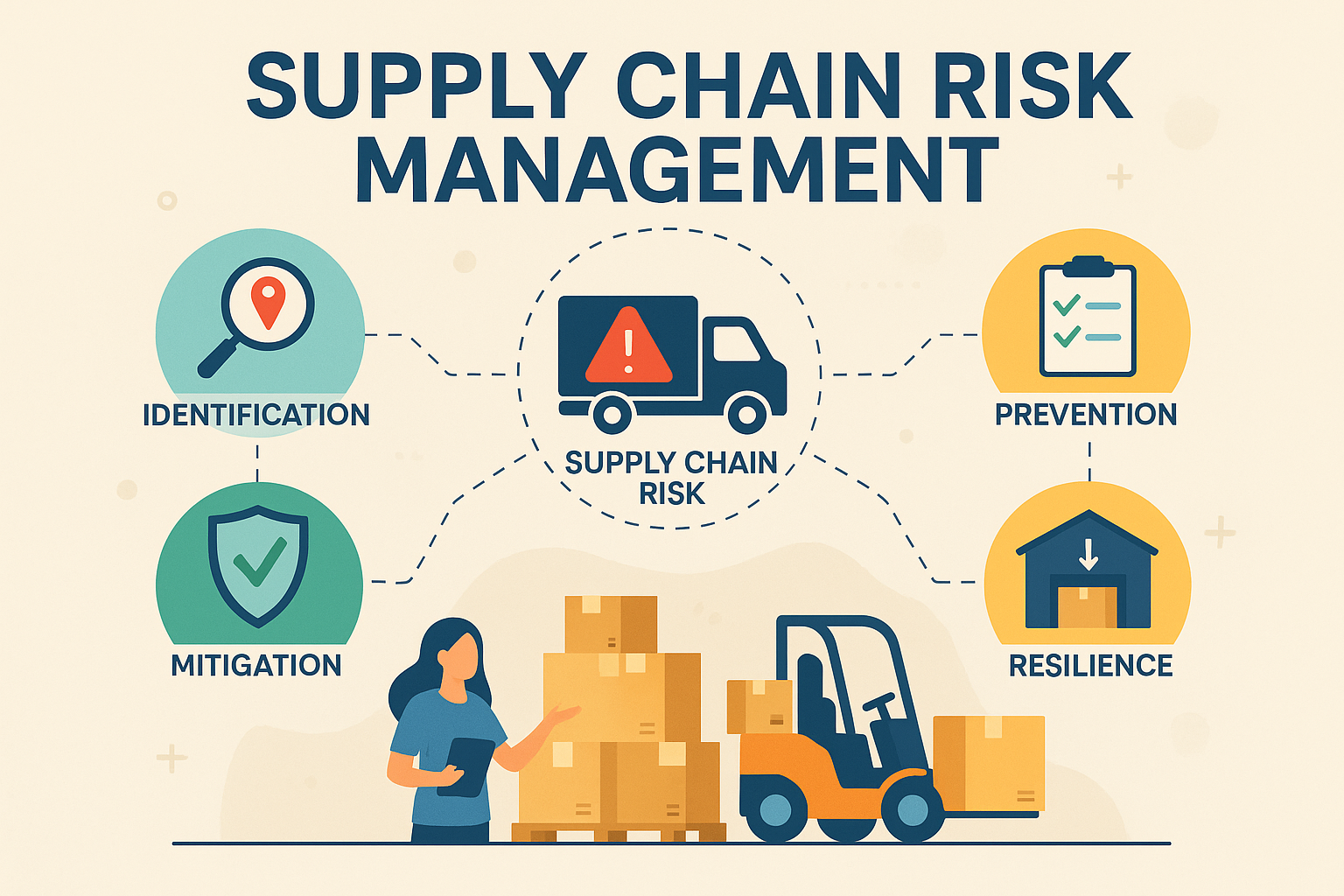
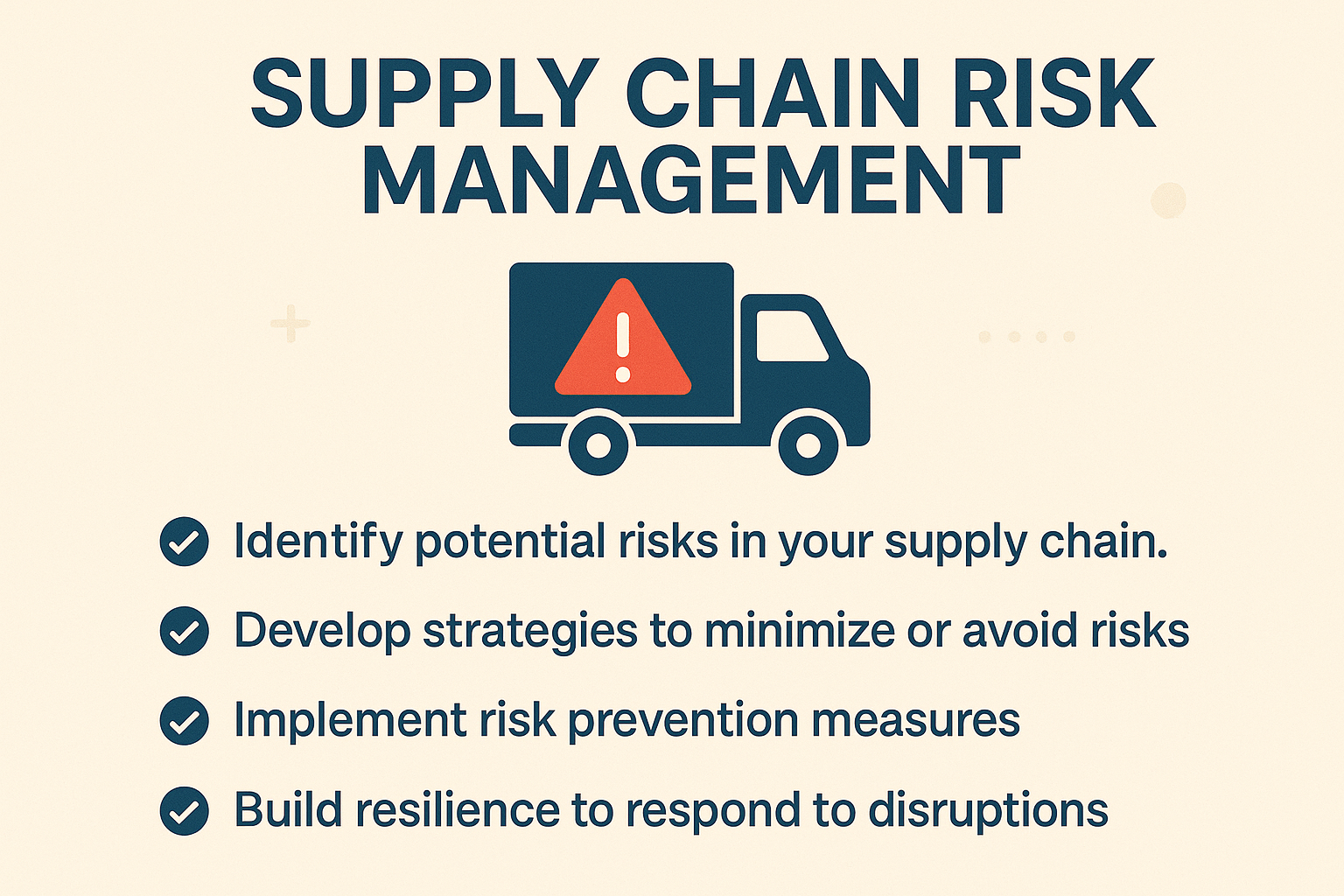
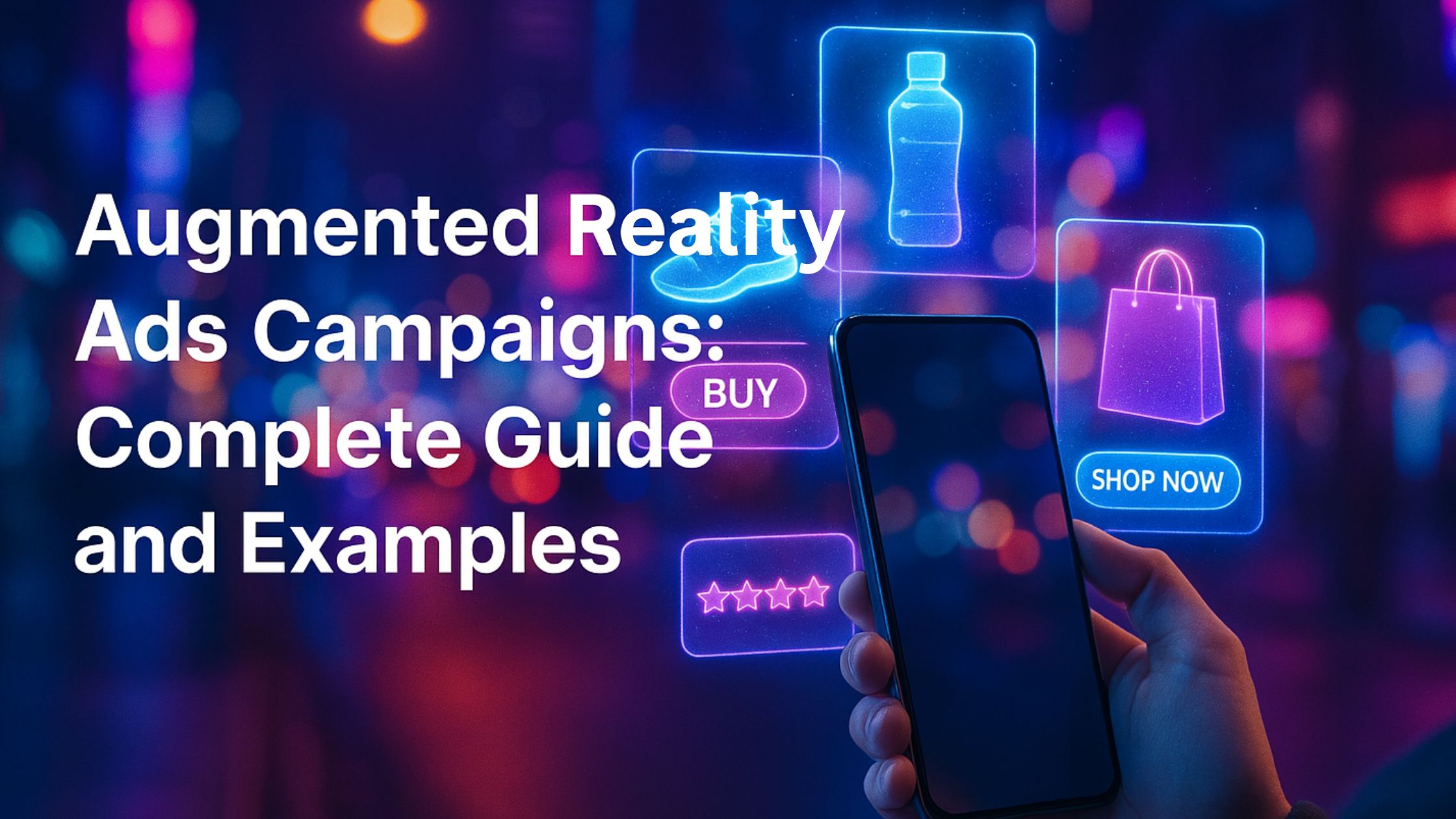

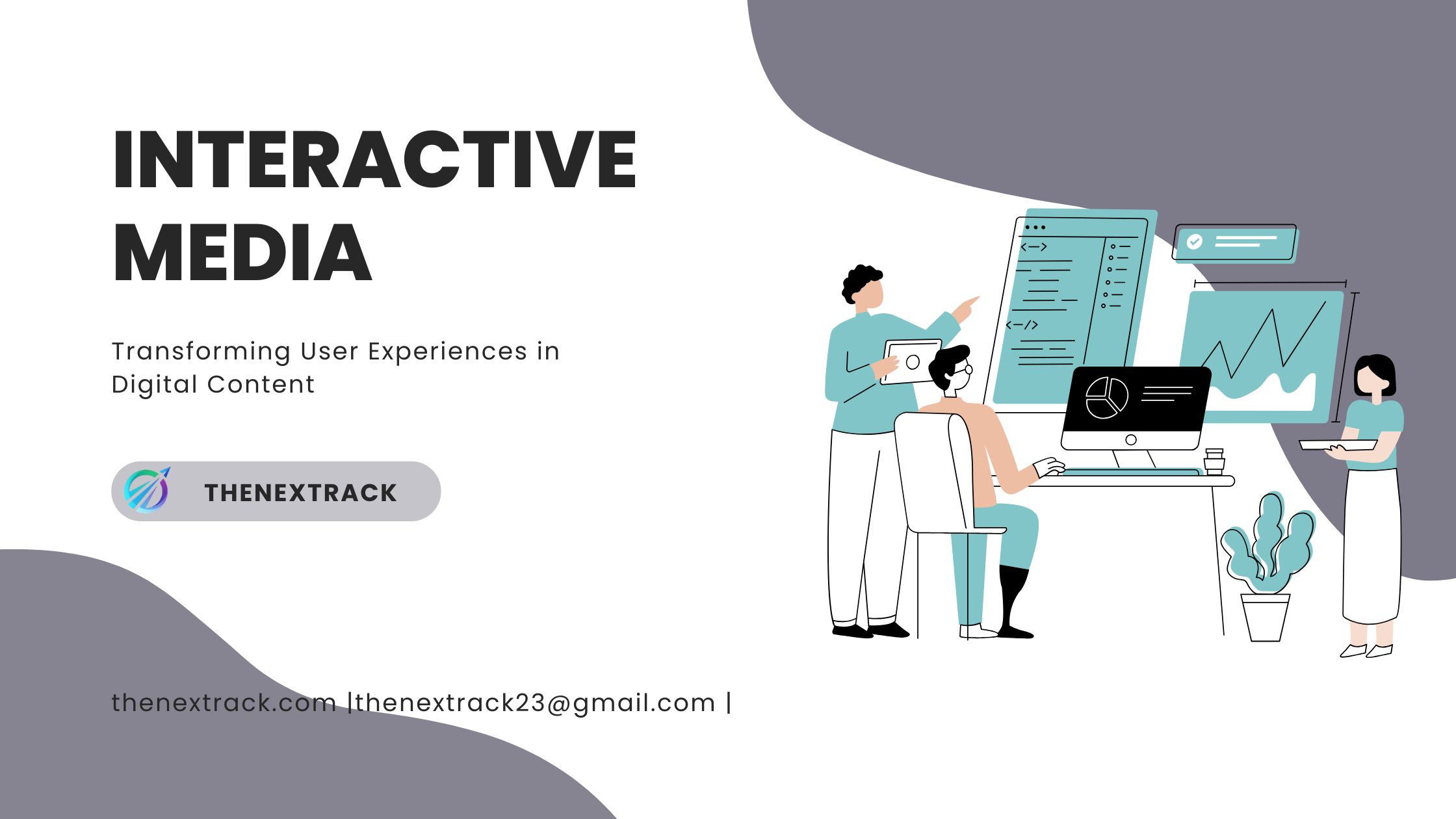
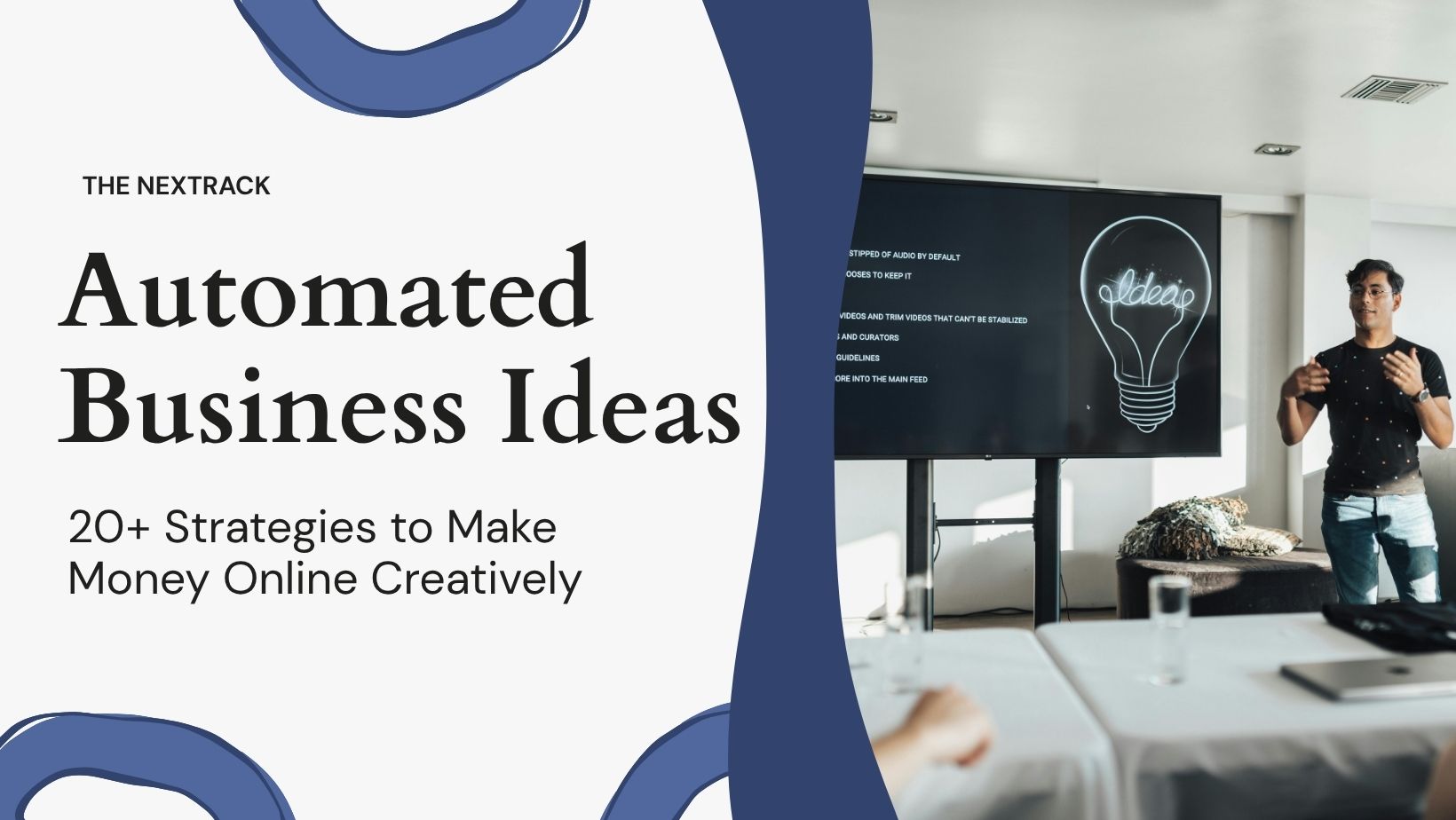
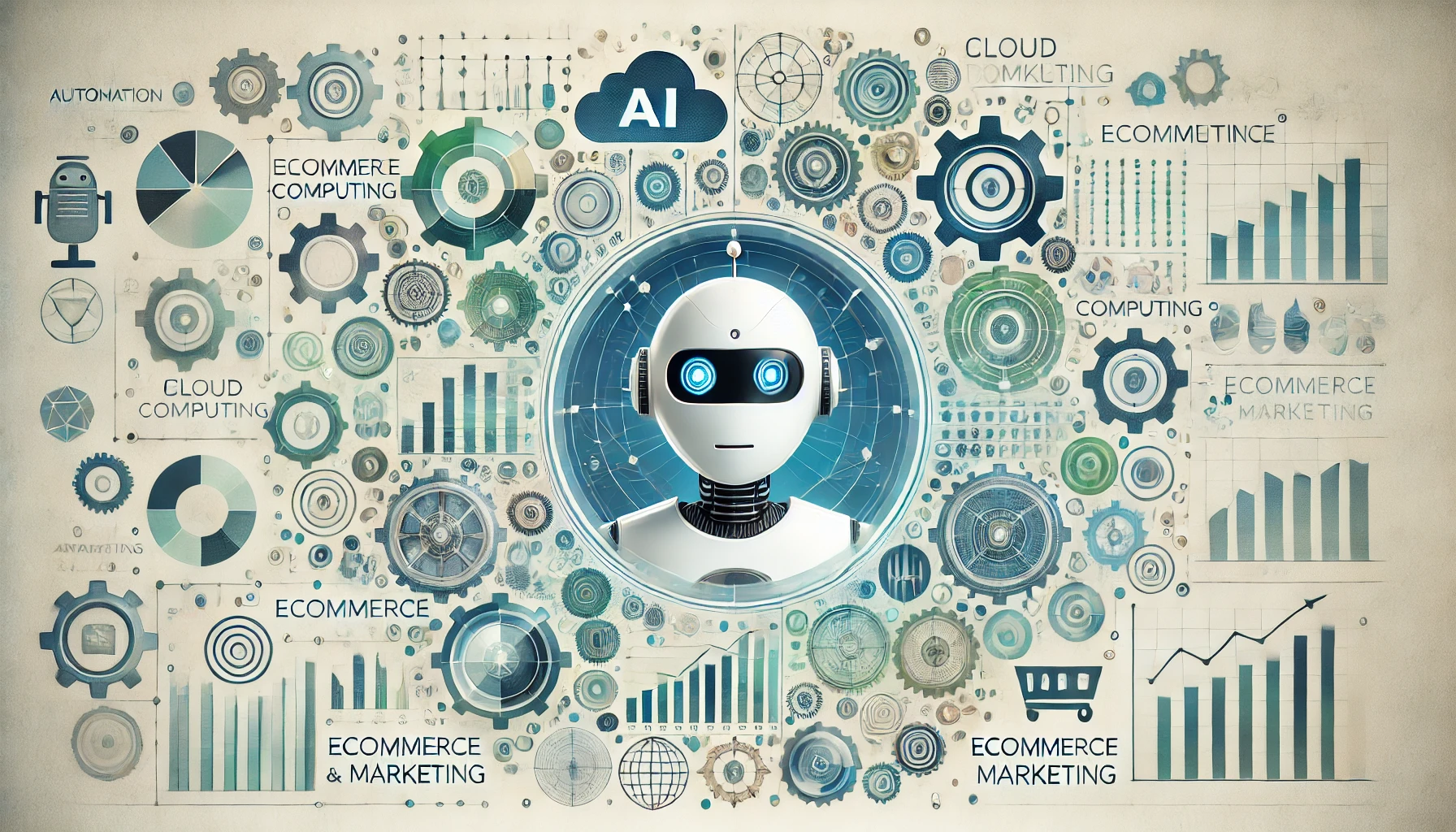 You need to identify specific areas for you Automated Business Ideas after you have established the list of potential Automated Business Ideas:
You need to identify specific areas for you Automated Business Ideas after you have established the list of potential Automated Business Ideas: